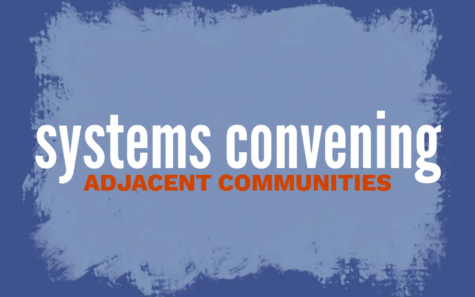In the 1970s, five ways of knowing were established by C. West Churchman in The Design of Inquiring Systtems. In the 1990s, his student Ian Mitroff carried on the tradition and extended that work in The Unbounded Mind. Now in the 2020s, the technology of Generative AI opens up opportunties to query or request responses through chatbot interfaces, drawing from bodies of codified knowledge in a style expressed implicitly or explicitly. Just as there are multiple ways of knowing, there are multiple ways in which underlying language models can be implemented and/or mixed.
The January 2025 Systems Thinking Ontario session, included:
- the progression of patterning of information, in a simile of a recipe collection, from the days of cookbooks on library shelves, through the now familiar technologies of search engines and data science, to the new transformer and retrieval augmented generation techniques;
- some Q+A chat challenges, feeding the same question and observing the differences in responses across (i) OpenAI ChatGPT, (ii) Microsoft Copilot, (iii) Mistral LeChat, (iv) Anthropic Claude, (v) Google NotebookLM, and (vi) Preplexity.ai;
- five inquiring systems described in a mini-lecture, followed by summarized descrptions by each of the six generative AI products; and
- a hypothetical scenario requesting the how the five inquiring systems might guide ways of deciding about Small Modular Reactors for Canada.
The discussion closed with an outline of Type 1 errors, Type 2 errors, Type 3 errors, and Type 4 errors, as structured by Ian Mitroff.… Read more (in a new tab)



